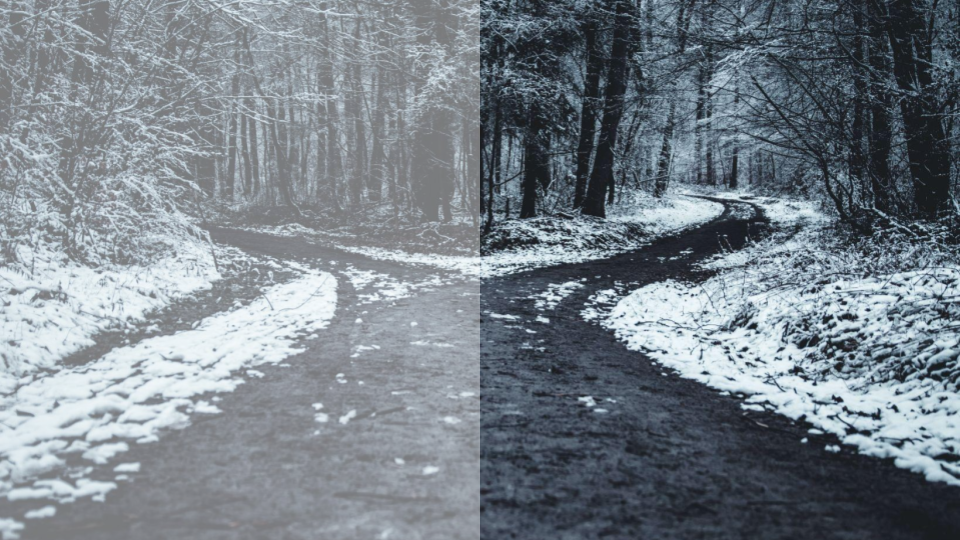Why is it that we like having choices, but we don’t like choosing? Being able to decide between several options makes us feel in control. Yet, we tend to exhibit a preference for the default option when presented with a selection of choices. This is called the default effect, and it rules many aspects of our lives from the products we buy to the career we build.
Choosing the default option
The default effect is our tendency to go with the status quo, even when a different option would be better for us. Many studies show that we tend to generally accept the default option—the one that was preselected for us—and that making an option a default increases the likelihood that such an option is chosen.
One of the theories behind the default effect is that humans are hardwired to avoid loss. We feel a strong aversion to any kind of loss. This aversion is so strong that it can override our logical thinking and lead us to stick to what seems like the safest path.
Another theory relates to the cognitive effort needed to consider alternative options. It’s much easier to go with what’s right in front of us, compared to researching and evaluating other potential choices.
Opting for the safest path may seem like a good idea but it can often lead to suboptimal decisions. For example, we might choose the default health insurance plan, even though there are better options available. Or we might stay in our current job, even though we’re unhappy, because the idea of starting over is too daunting.
In each of these cases, we’re letting the default effect guide our decision-making, and as a result, we’re not reaching our full potential. Then, many years later, we look back, surprised to find ourselves in a less-than-ideal situation.
There’s a saying, often misattributed to Lao Tzu, that goes: “If you do not change direction, you might end up where you are heading.” In other words, you cannot be surprised about finding yourself in a certain position if you decided to stick to the default path.
We shouldn’t blame ourselves for falling prey to the default effect. It’s a powerful evolutionary force that’s hard to resist. Our survival instinct tells us to avoid risky situations and potential losses. But we can learn to recognize when the default effect is influencing our decisions and take steps to overcome it.
Breaking free from the default effect
While there are some situations in which the default effect can be beneficial—for example, by only having healthy options in your fridge—letting it guide all of your daily decisions can lead you to live a life you have not chosen.
Instead of living a default life, you can inject a bit more intentionality into the way you make choices by applying some simple strategies:
- Make space for metacognition. We’re often so busy thinking about how to get things done, we forget to think about why we want to get these things done. Metacognition is “thinking about thinking”, it’s an awareness of your own thoughts, an examination of the underlying patterns that guide your decision. Block some time in your calendar to reflect on your recent choices and what led you to them. Journaling is a great metacognitive strategy, but you can also think out loud with a friend or colleague.
- Practice deliberate decision-making. It doesn’t have to be about big decisions. Next time you notice yourself grabbing the exact same snack between two meetings, ask yourself: is there another option? Or, when you’re about to walk into a meeting room to have your weekly chat with your employee, ask yourself: can we have this chat somewhere else? These little acts of intentionality will train your mind to not always stick to the default routine.
- Project yourself into the future. While it’s great to live in the present, it can also be helpful to imagine the path forward. To avoid blindly taking one step at a time and “ending up where you are heading”, consider where you want to go. It doesn’t have to be very precise. You can start by describing a perfect day. Is the default option leading to your ideal destination? Or should you change direction? Your annual review at the end of the year can be a good time for such an exercise.
In Robert Frost’s famous words:
“Two roads diverged in a wood, and I—
I took the one less traveled by,
And that has made all the difference.”
Breaking free from the default effect so you can choose your own path is not easy, but it can make all the difference.

